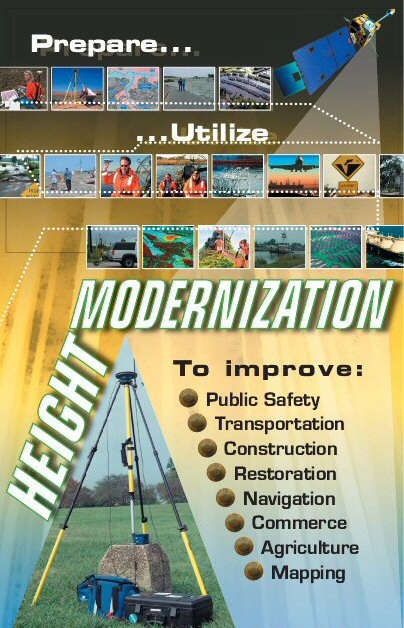Define modernization. Explain social effects of modernization with relevant examples. Also explain different types of authority.
Industrialism and Modernization:
Modernization is the process of economic and social change that is brought about by the introduction of the industrial mode of production into a society.
The Process of Modernization:
Only a few centuries ago, population consisted of a large, number of localized and isolated societies whose members lived on hunting, gathering, horticulture, or agriculture. The industrial revolution introduced an entirely new types of society, one that produced tremendous wealth. But, it also destroyed traditional forms of social organizations and created new ones in their place. This process of change in the early industrial societies of Europe was spread over several generations, and culture and social organizations were able to adapt to these changing conditions, but, in the less developed part of the world, change has come more rapidly and with more dislocating effects. These societies are hoping to achieve in the space of a few years the material advantages that the older industrial societies had taken nearly two centuries to gain. The result has often been a tug-of – war-between the forces of modernization and the sentiment of tradition.
The Social Effects of Modernization:
The modernization process affects every area of society. It has the following characteristic effects.
– Family
The extended family system, found nearly in all traditional societies, is shattered. The modern industrial society requires geographic and social mobility among its members. The nuclear family takes its place in which traditional kinship ties are loosened.
– Education
Educational organizations take over many of the family’s earlier socialization functions. Education is extended to the masses because an industrial work force must be skilled and literate.
– Religion
Traditional religious ties have been loosened and now the people interpret the world through secular belief systems instead of religious principles.
– Science
Technical efficiency becomes a value and people look to technology for the solutions to their problems, including the problems that the technology crates.
– Politics
A strong, centralized state emerges and it regulates more areas of social and economic life.
Urbanization
Cities grow rapidly because industry, Educational institutes, hospitals and other facilities are concentrated in urban areas and people are attracted by job opportunities.
– Demography
Modern medical facilities ar extended to the population which has reduced death rate sharply. The adoption of family planning practices is’low, therefore, demography have been changed and children ratio in the population is increasing day by day. They are dependent on their parents because they are only consumers, not the producers.
– Social Stratification
As industrialization proceeds, the growing wealth of the society tends to be more equally shared. Stratification based on ascribed characteristics tends to dissolve.
– Personal Values
People became more change-oriented and they look to the future rather than to the past.
– Culture
Culture is no longer maintained and enacted in the small rural community, it becomes a widely shared mass culture, spread from society to society by the mass media and through travel.
– Personal Values
People become more change-oriented and they look to the future rather than to the past.
Culture
Culture is no longer maintained and enacted in the small rural community. It becomes a widely shared mass culture, spread from society to society by the mass media and through travel.
Sociology, 1977, I A Robertson, Worth Publishers, Inc. P. 429 – 431
Types of Authority:
According to Max Weber, there are three types of authority: traditional authority, legal-rational authority, and charismatic authority. Each types of authority is legitimate because it rests on the consent of the governed.
Traditional Authority:
In this political system, power in legitimated by ancient customs. The rulers exercise unwritten laws. Chieftainships and monarchies have always been based on this type of authority and the right of the king to rule is not open to question. Claim to this authority is usually based on birthright. In this system of authority, power of the rulers seems unlimited but in practice there are social norms which set the boundaries of the power. If a ruler exceeds these limits, people may regard such use of power as illegitimate and coercive. Under these circumstances attempts may be made to depose the ruler.
Legal-Rational Authority:
In a system based on legal-rational authority, power is legitimatized by written rules and procedures that define the rights and obligations of the rulers. In this system, ruler’s authority and its boundaries are written in the constitution and set of laws that have been socially agreed upon. Almost all modern societies are based on this type of authority. It is the rule of law, not of the people and the power of the person is derived from the person’s office and not from personal characteristics such as birthright. Officials can exercise power only within legally defined limits that have been formally set in advance.
Charismatic Authority:
In a system based on charismatic authority, power is legitimated by the unusual, exceptional, or even super natural qualities that people attribute to particular political, religious, or military leaders. Typical charismatic leaders are Hitler, Gandhi, Muhammad Ali Jinnah, Castro. Alexander the Great, Churchill, Imam Komenie. The charisma of these leaders is itself sufficient to make their authority seem legitimate to their followers. Whether they can also lay claim to traditional or legal-rational authority is of little relevance. It is usually a spontaneous development and often poses a threat to system based on traditional or legal-rational authority.
